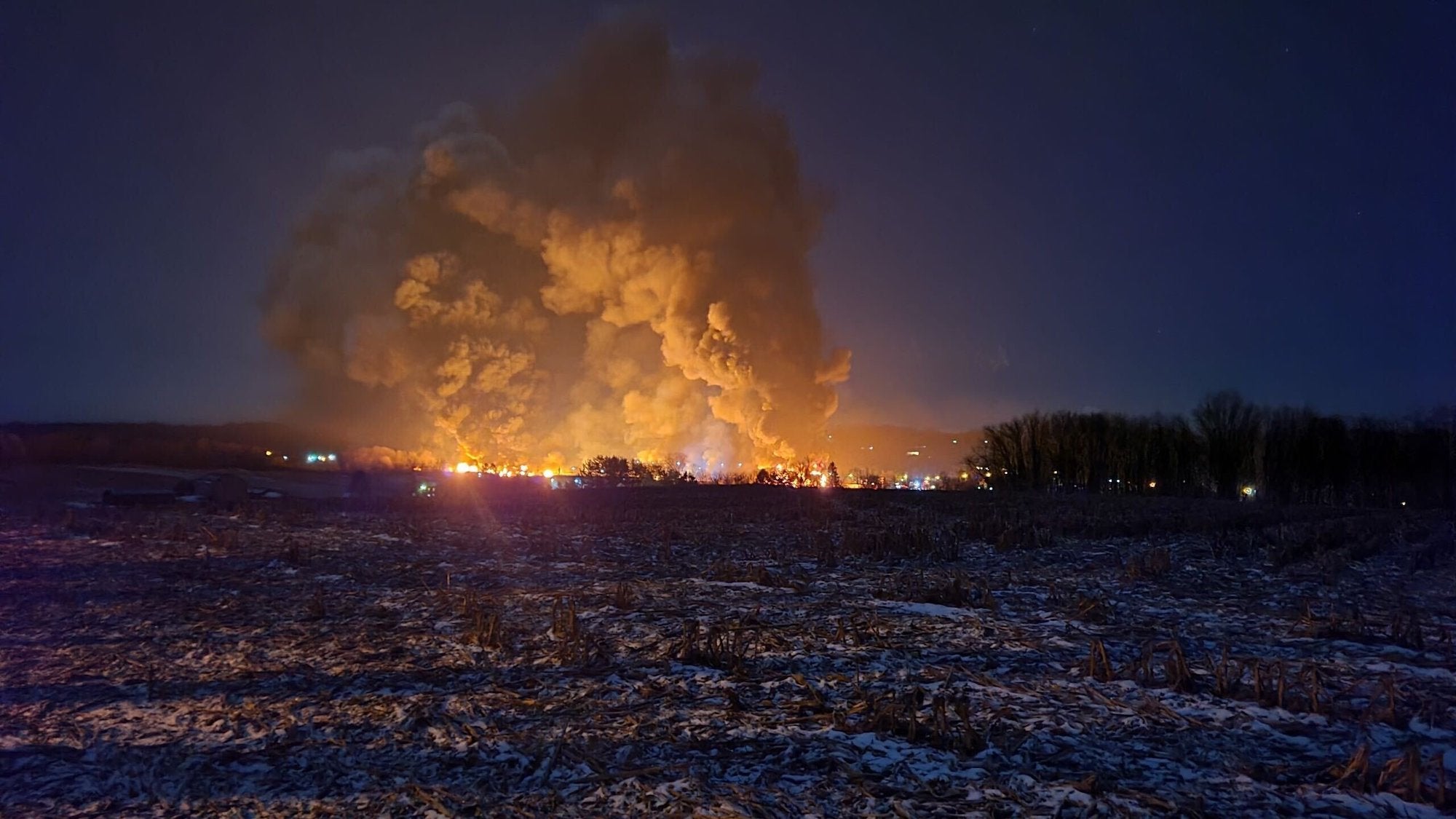Norfolk Southern pumps the brakes on train speeds after disastrous Ohio derailment
INDIANAPOLIS (WISH) — Norfolk Southern is changing its policies following the disastrous train derailment in East Palestine, Ohio, earlier this year.
On Feb. 3, a freight train carrying hazardous materials derailed in East Palestine, Ohio, a small town in eastern Ohio along the Pennsylvania border.
Flames from the disaster launched a federal investigation into the air quality around the area and spilled vinyl chloride, used to make plastic resin, into the water.
An investigation determined that an overheated wheel bearing caused the crash, which went undetected through hot box sensors along railways.
These sensors use infrared to record the temperatures of railroad bearings as trains pass by. If a bearing is overheating, the detectors trigger an alarm, which notifies the crew they should stop the train and inspect the railcars.
Under Norfolk Southern’s new rules, operators will be instructed to go no faster than 10 mph anytime an overheated bearing is found. The policy also calls for the bearing on the railcar to be re-checked every three miles.
Should these changes have been made earlier? Will all the train derailments we’ve seen in 2023 lead to safer rules in the future?
Months after the derailment, there is still concern about the environmental implications of the derailment. You may remember much of the contaminated soil from East Palestine was shipped to a special landfill near Lafayette.
Purdue University professors told I-Team 8 Hoosiers should not be concerned about their water being contaminated by the train derailment, despite what you might see online.
Andrew Whelton, a professor teaching environmental and ecological engineering, says he’s been following this situation in East Palestine from the very beginning. He’s seen misinformation being spread online about the impact on Hoosiers.
“There’s a whole bunch of people pushing information that’s just not true. Not possible. There’s no way that West Lafayette’s drinking water could be contaminated by the disaster that occurred a 7-hour drive from here,” Whelton said.



